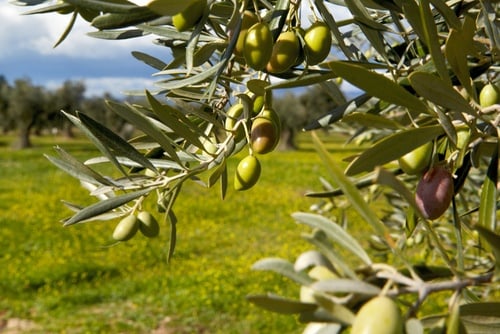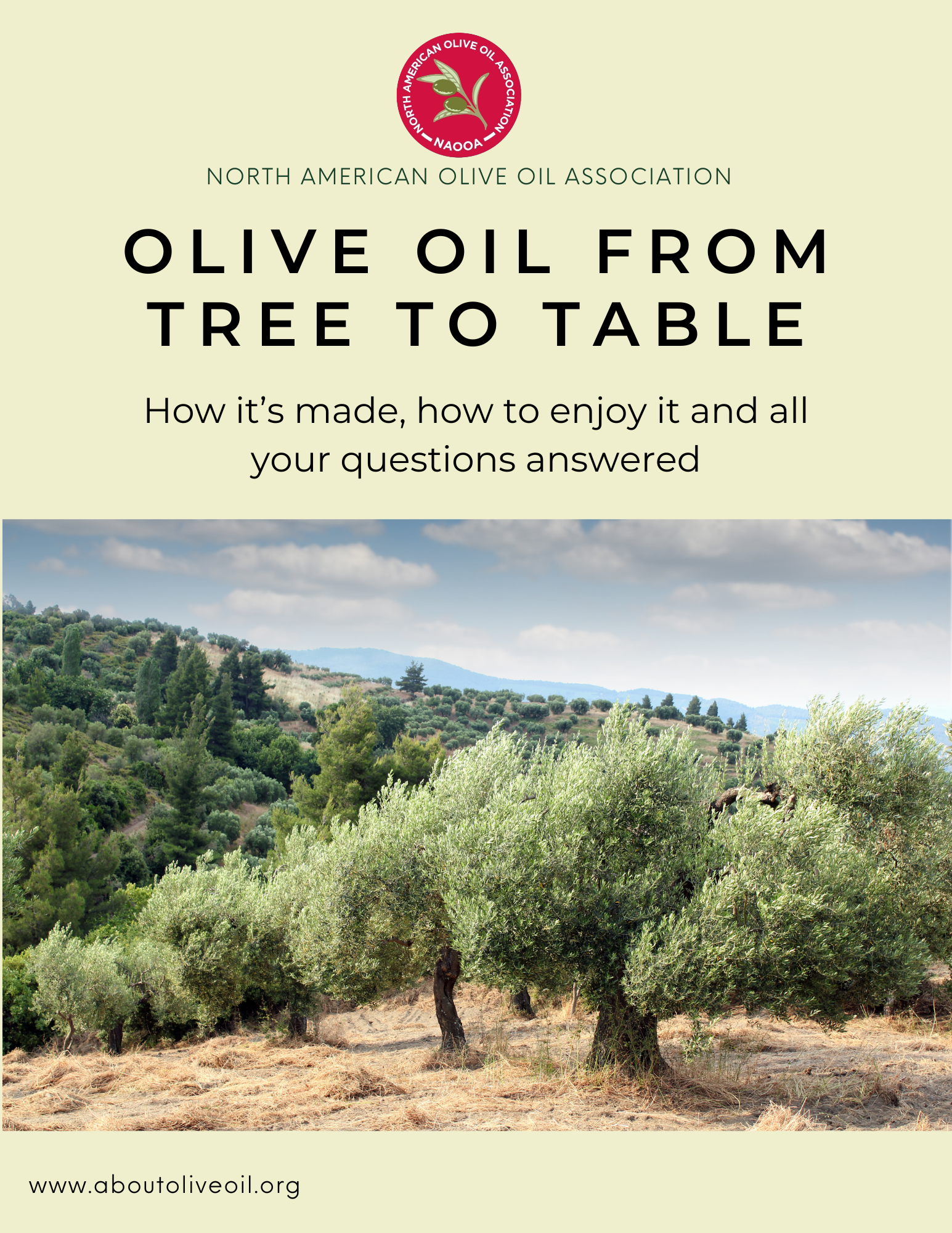Consumers are increasingly making choices in their food purchases and choosing sustainable, efficient, and healthy products. Purchasing olive oil is not only good for the health of people but also good for the health of the planet.
The Benefits of Permanent Crops
Olive oil has substantial sustainability benefits over the most commonly purchased cooking oils (soybean, canola, corn, sunflower, and peanut) because other these oils are produced from annual crops, while olives are a long-living permanent crop.
Cultivated in 66 countries and on five continents, olive oil trees comprise the world's largest non-tropical permanent crop. Permanent crops, which are crops that do not require planting each year, are good for the environment for several reasons:
Soil Management
The process of tilling, planting, and harvesting annual plants such as soy or corn strip nutrients from soils over time and is a cause of the erosion of topsoil. Regularly tilled land requires more inputs, such as fertilizers or energy. In contrast, researchers found perennial fields naturally contain more nutrients in the soil due to improved soil microbe diversity. Soil microbes can pull nitrogen from the atmosphere by "fixing" nitrogen and aiding in the uptake of nutrients.
Water Management
Permanent crops manage water better than annual crops. Researchers have observed that permanent crops have roots that reach deeper into the ground, which allows the crops to absorb more water without irrigation. Furthermore, permanent crops help farmers avoid soil compaction and surface runoff of water. Olive trees are drought-resistant. They grow best in climates with mild winters and long, warm summers. Seventy percent of the world's olive orchards are rainfed, without water from irrigation.
Carbon Sink/Balance
Many crops can help capture carbon from our atmosphere, but permanent crops have the advantage of doing so year-round, unlike plowed crops, which only capture carbon until harvest. Perennial crops have 7x the root mass of annual plants, which provide a greater opportunity to capture carbon. Trees sequester carbon in new growth every year. As a tree grows, it stores more carbon by holding it in its accumulated tissue. One hectare of olive trees cancels out one person's annual carbon footprint. The world's olive oil production could absorb the C02 emissions of a city the size of Hong Kong.
Biodiversity
Tropical crops, such as palm or coconut, are also permanent crops, but these have significant negative effects on global biodiversity and affect at least 193 threatened species. The reason why is that palm and coconut oil is grown in tropical areas with rich diversity and many unique species. By contrast, olive orchards have been found to support diversity and habitats for enemies of agricultural pests. Unlike the case with annual crops that tend to be planted in tight rows, the cultivation of olive trees allows for greater ground cover and/or intercropping. This increases the biological diversity of the natural habitat for animals as well and results in a significant reduction or elimination of the need to use of herbicides and insecticides.
Other sustainability considerations
Desert Greening
Desert greening is the concept of reclaiming desert lands for agriculture. Desert greening develops sustainable agriculture that increases economic opportunities for local communities, food yields, and food security. When Ben Gurion University in Israel initiated its desert greening research project in the Negev desert 10 years ago, the director of the BGU Jacob Blaustein Institutes for Desert Research chose the olive tree as the ideal principal crop for the desert greening project. Today, olives are being grown in desert regions around the world.
"Clean" Production Methods
Most vegetable and seed oils are extracted with hexane, which is produced from fossil fuels, and require high heat, which is energy intensive. All olive oil by contrast is mechanically extracted without the use of solvents, and extra virgin olive oil is produced under low temperature (maximum of 80.6 F) conditions.
Genetically Modified Crops
Canola, soy, and corn oils are almost always made from genetically modified crops. Olive oil, in contrast, is always non-GMO.
Sources:
Perennial Policy Brief, the Food and Agriculture Organization of the United Nations (FAO)
Frequent tillage and its impact on soil quality
Claim that coconut oil is worse for biodiversity than palm oil sparks furious debate





